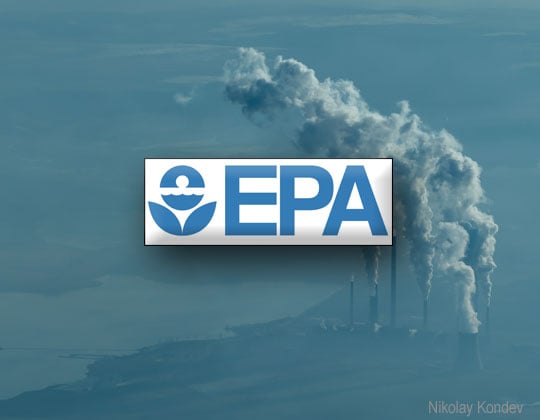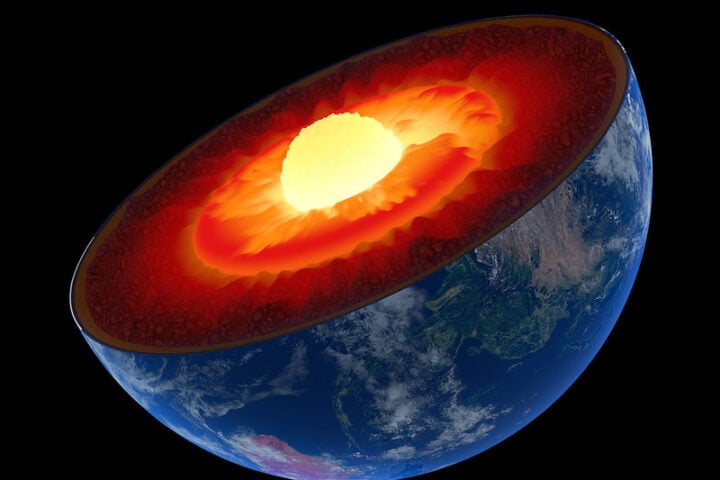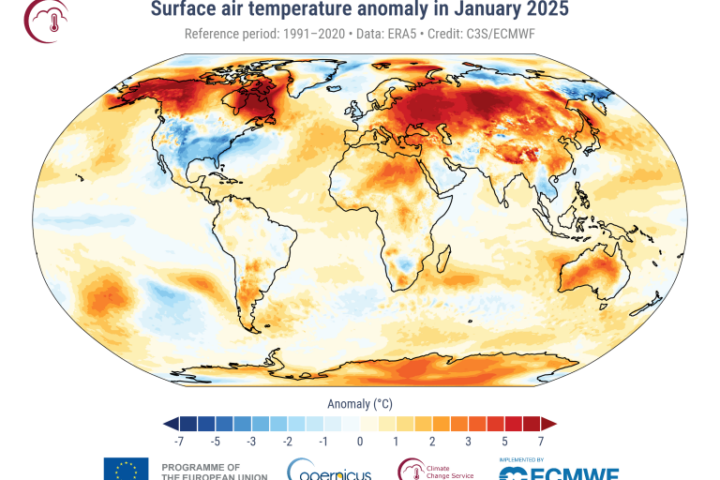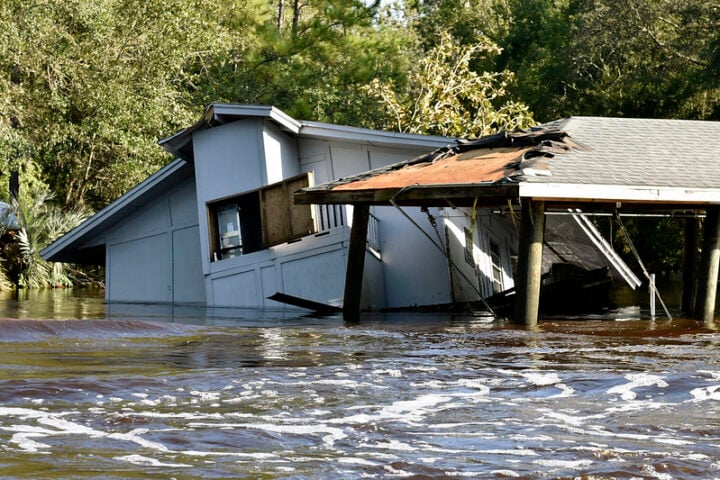The administration of President Biden is planning to set the most stringent auto pollution limits in the world. Electric cars would be required by these new limits to make up 67% of new passenger vehicles sold in the US by 2032. It would be a huge increase from the 5.8% of all electric cars sold in the US last year. The US would be made a leader by this regulation in global efforts to reduce greenhouse gasses from cars.
This would also be the federal government’s most aggressive climate regulation. The EU has already phased out the sale of new gasoline-powered vehicles by 2035. Similar standards have been proposed by Canada & Britain. A significant challenge would be posed for automakers by the proposed regulation. Heavy investments have been made in electric vehicles by most car companies, but few have committed to the levels envisioned by the Biden administration.
The enthusiastic manufacturers of electric models are unsure whether consumers will buy enough of them to make up the majority of new car sales within a decade. The EPA Administrator, Michael Regan, is expected to announce the proposed limits on tailpipe emissions in Detroit. The intention of the new limits is to ensure that electric cars represent between 54% & 60% of all new cars sold in the US by 2030.
New car sales would rise by 64% to 67% by 2032. Significant changes, including the construction of millions of EV charging stations, would be required due to the rapidly increasing adoption of electric vehicles. In order to accommodate the power needs of the chargers, an overhaul of the electric grids would be necessary.
It would also be necessary to secure supplies of minerals & other materials needed for batteries. A legal challenge is surely to be expected against the proposed regulation. This issue will be raised in the 2024 presidential election, as a future administration could undo or weaken it. The 2022 Inflation Reduction Act will be followed by new regulations. The IR( Inflation Reduction) Act helped stoke the demand for EV by providing up to $7,500 in tax incentives for car buyers.
Billions in incentives are provided by the IR Act for battery manufacturing & critical mineral processing & mining. The largest source of greenhouse gasses generated by the US is transportation. The speedy replacement of gasoline-burning cars with EVs would help Biden achieve his pledge to cut the country’s emissions in half by 2030.
The emissions rules will likely be tightened by the Biden administration this coming week.
Michael Regan, the EPA administrator, is expected to reveal new pollution standards on Wednesday in Detroit.
Two-thirds of all new passenger vehicles in the US would be all-electric by 2032, as a practical impact of the new standards.
The new goal of Toyota is to sell 1.5 million BEVs annually by 2026, which would be about 15% penetration of its car sales by 2026.


















